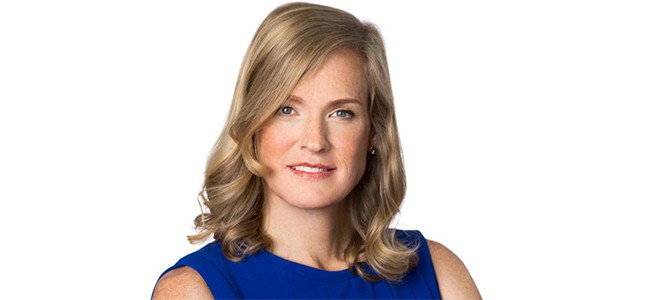
Computers can process and analyse vast amounts of data much faster than any human, no matter their education or experience. Harnessing this power and applying it correctly can lead to systems that maximise human potential.
This has been the life work of neuroscientist and entrepreneur Dr Vivienne Ming, who spoke at the SingularityU South Africa Summit, in Johannesburg last week.
The summit focused on how exponential technologies can solve global challenges such as energy, security, prosperity and global health.
Ming spoke about artificial intelligence (AI) and the future of human potential.
She said while currently there is no AI that can think like a sentient human, it is not impossible that it will be created in the future. However, she noted it will not come from deep neural networks.
"Deep neural networks don't understand the problems; it understands how to map out a group of incredibly complex patterns with equally complex strategies."
Though she added: "The current career paths that will be the most profoundly disrupted in the next five to 10 years are, generically speaking, professional services, financial advising, legal, basic doctors. If you know what you are going to advise your clients before they walk in the door, I'm going to build an AI that is going to do it better, faster and cheaper," said Ming.
For her, AI stands for augmented intelligence, where algorithms are developed to help people do their jobs better.
Ming shared some of the AI algorithms she has worked on at various start-ups and companies, and how they have helped maximise human potential.
Jitterbug
The first is an algorithm she developed when her son was diagnosed with type one diabetes. She wanted to know at all times how he was doing and what his blood sugar level was.
Before she set out on her own, when he was diagnosed, Ming and her partner collected every possible bit of data they could about their five-year-old; information from smartwatches, heart rate monitors and insulin pumps, among others.
She said they took this reams of data to the doctor's office and the doctor said he had no idea what to do with all of it.
So, she built an AI model that now predicts three hours ahead whether her son's blood glucose levels will go high or low.
This model was developed into an app called Jitterbug, which gives diabetes patients these predictions. It can also infer carb ratio and basal rate, predict optimal insulin dosing, detect anomalies like poor infusion sites and illness, learn personalised blood glucose impact of food, and accept natural language input like: "I'm going to eat a medium apple."
Gild
Ming wanted to solve the problem of bias in the hiring process. She said often big tech companies hire based on how prestigious the candidate's university was and how high their grades were. This cuts out people who are self-taught or live outside the US.
She created an algorithm which looked at candidates' CVs, their programming work online and on sites such as GitHub, with information from their social network profiles. The AI was built to predict how good a person would be at jobs they had never held, based on their actual skills not their employment history.
Gild will also help teach applicants skills which will improve their chances of getting the job that will suit them perfectly.
Socos Learning
Ming is also co-founder of Socos Learning, which uses a similar algorithm to Gild, but instead collects data from young children (such as drawings and speech patterns) and makes predictions on their life outcomes.
"So it turns out, the worst thing you can do is actually make these predictions and then tell the parents; it only makes things worse. Measuring people and treating them as fixed quantities, just profiling them, doesn't make the world a better place."
So, what the AI does instead of telling parents that their child may fail in high school or go on to win a Nobel prize, is send the parent a simple 20-minute activity via SMS daily.
This activity, or game, is specifically designed for the individual child to maximise their life outcomes.
"This is how AI can make better people," said Ming.
Share